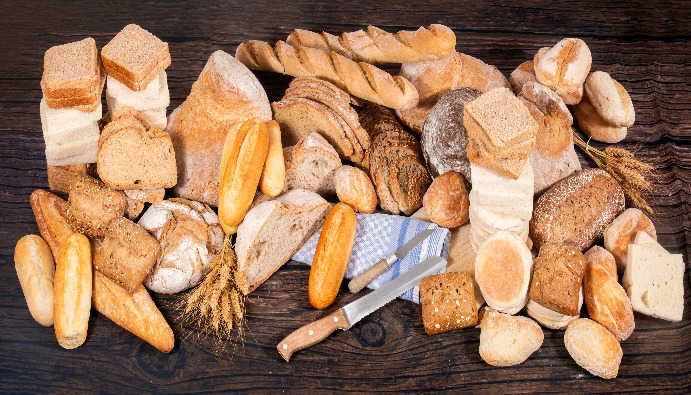
BLOG
KATEGORİDEKİ DİĞER YAZILAR

Gluten is a family of proteins found in grains such as wheat, barley and rye. Gluten causes the flexible structure of flour obtained from cereals when mixed with water, its swelling when cooked and its reticulated structure. Gluten has become a more important issue especially in our country where foods such as bread and pastry are consumed a lot. Gluten-containing foods cannot be consumed by some people due to celiac disease, gluten intolerance.
Celiac disease is defined as the most severe form of gluten intolerance. Celiac disease, which occurs in an average of 1%, is an autoimmune disorder that causes the body to perceive gluten as an invader.
The presence of gluten must be indicated on food labels according to the “Turkish Food Codex Food Labeling and Consumer Information Regulation”. One of the first procedures to be performed for gluten-free products is “gluten determination”.
As the harms of celiac disease and gluten intolerance have become known, some innovations have been made in the food sector. Recently, gluten-free food production has been increasing.
Examples of gluten-free products currently available on the market include
One of the most consumed products by celiac patients or people with gluten intolerance is “Buckwheat”. Buckwheat, also known as “Greçka”, is a broad-leaved plant with abundant fiber, low-fat, gluten-free, grain-like seeds that have been in great demand in recent years. Because it does not contain gluten, celiac patients consume products made from buckwheat flour.
Gluten-free nutrition has become a popular topic that is included in the daily diet of many people for healthy eating purposes other than celiac patients. Changing daily eating habits and consuming gluten-free products are among the measures to be taken. Gluten-free diets have recently been preferred for weight loss or healthy eating.
Nanolab Laboratories Group continues to provide services within the scope of Gluten Analysis in Foods. We also provide services in Additive Analysis in Foods.
Contact us for more information.
You can follow us on LinkedIn for up-to-date news and posts about our services.
Follow our Instagram account to be informed about our latest blog posts.